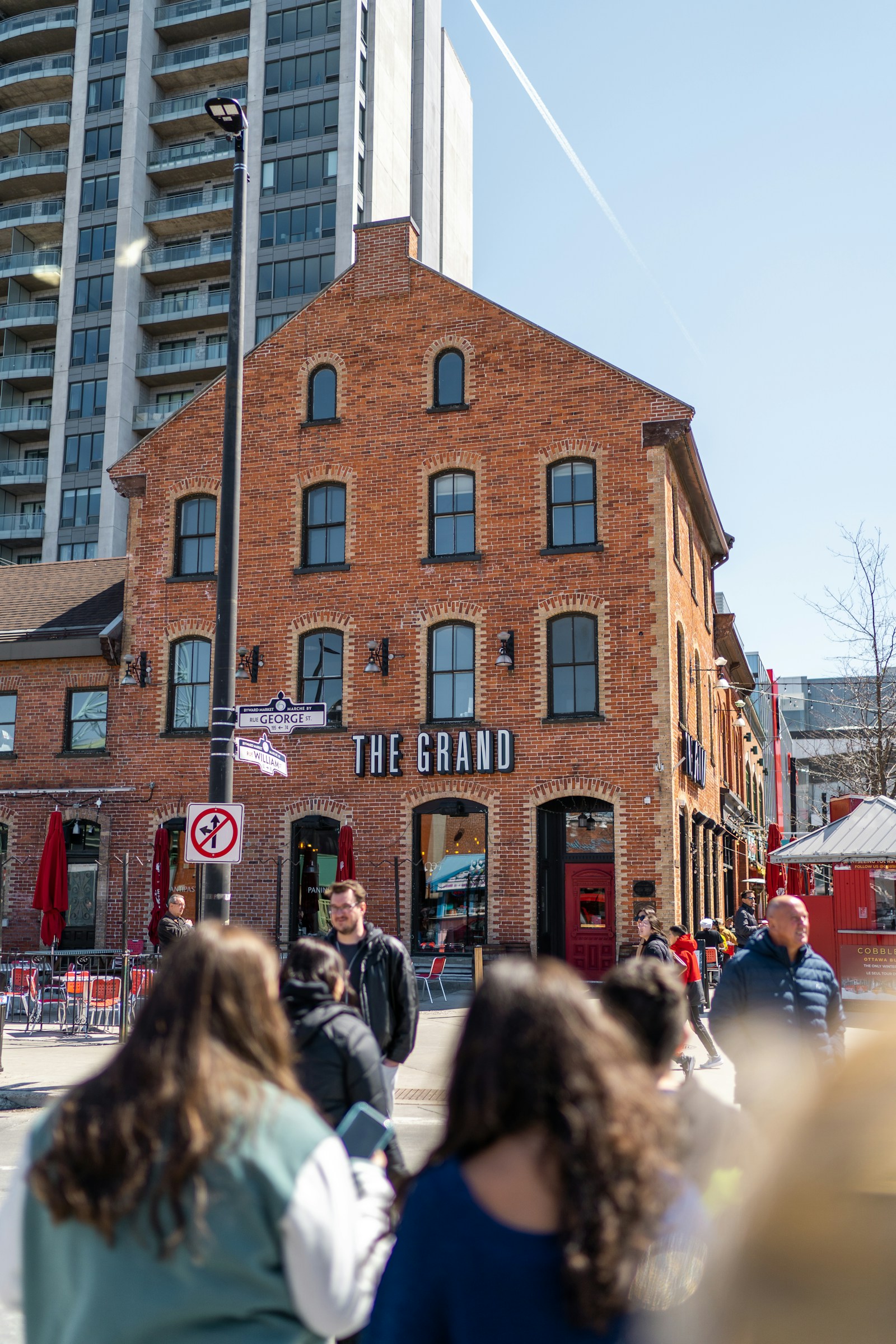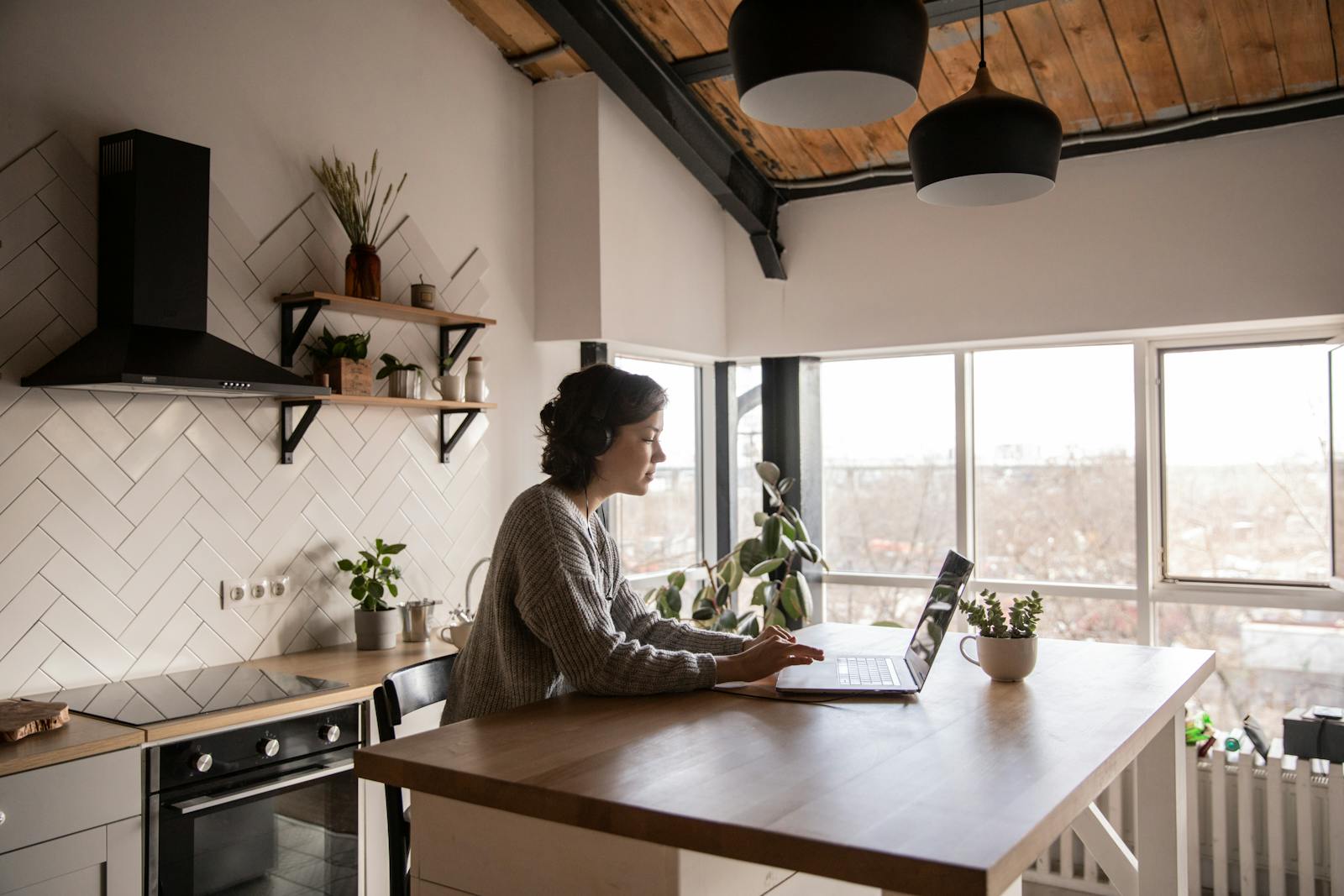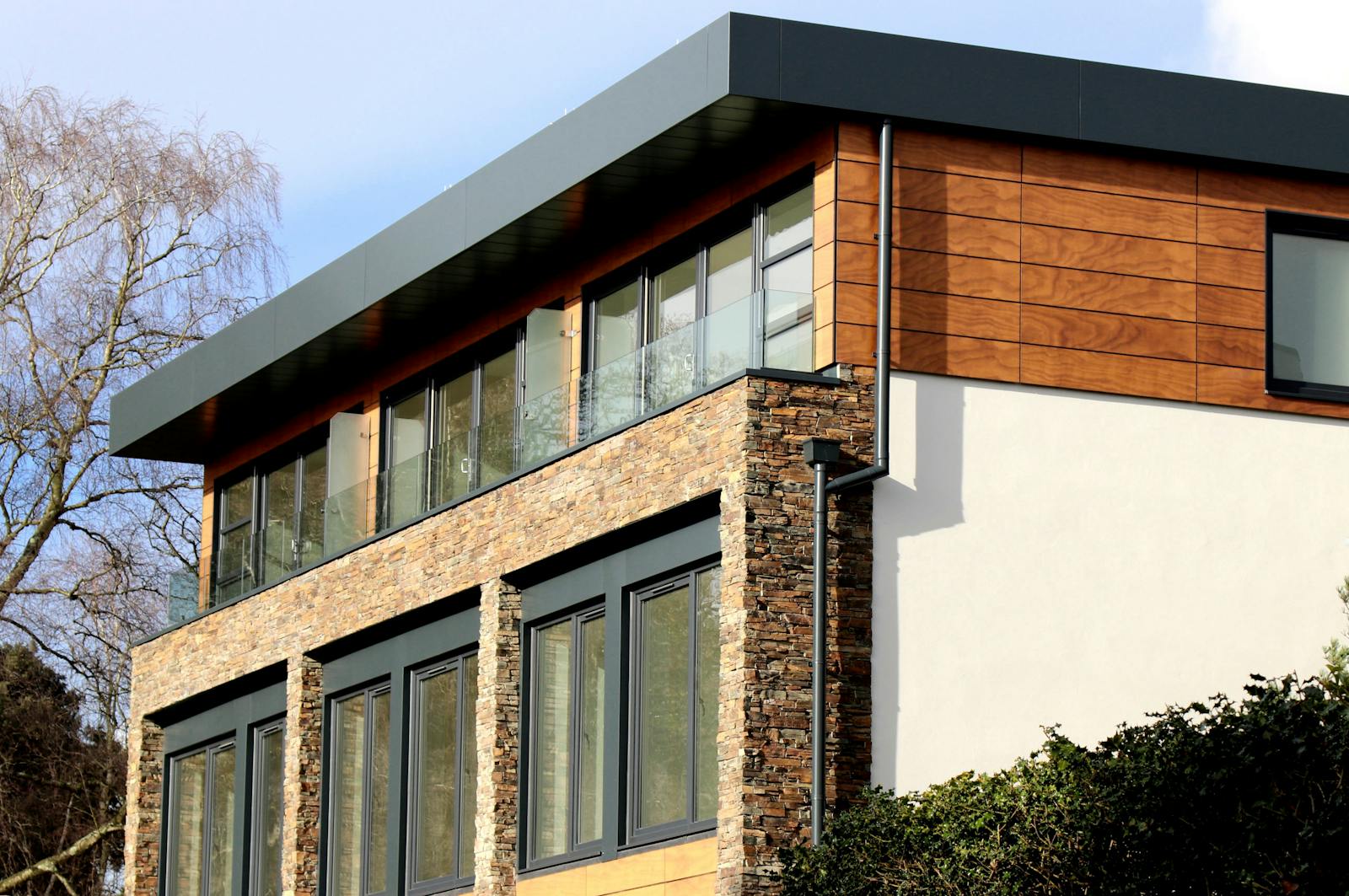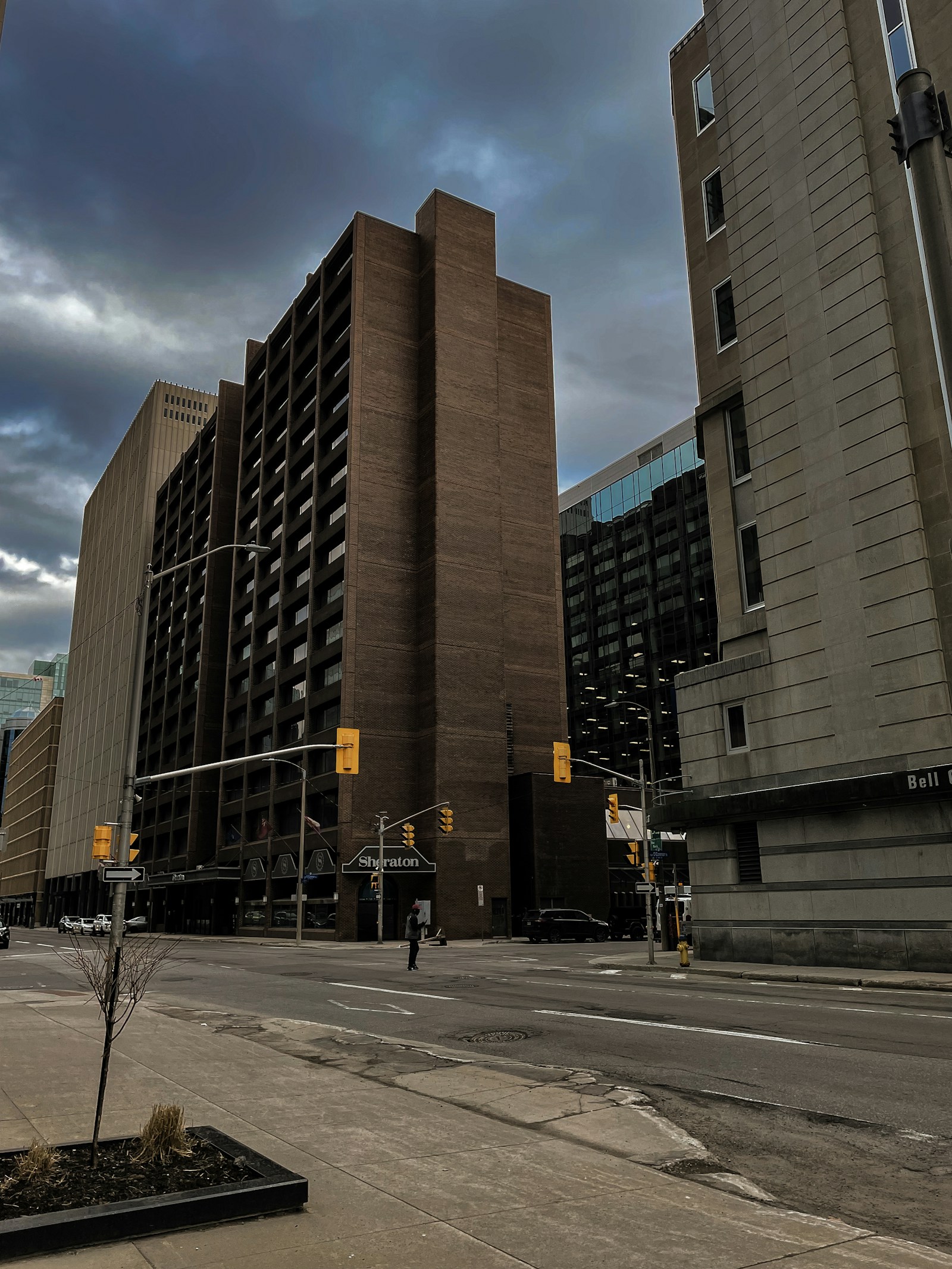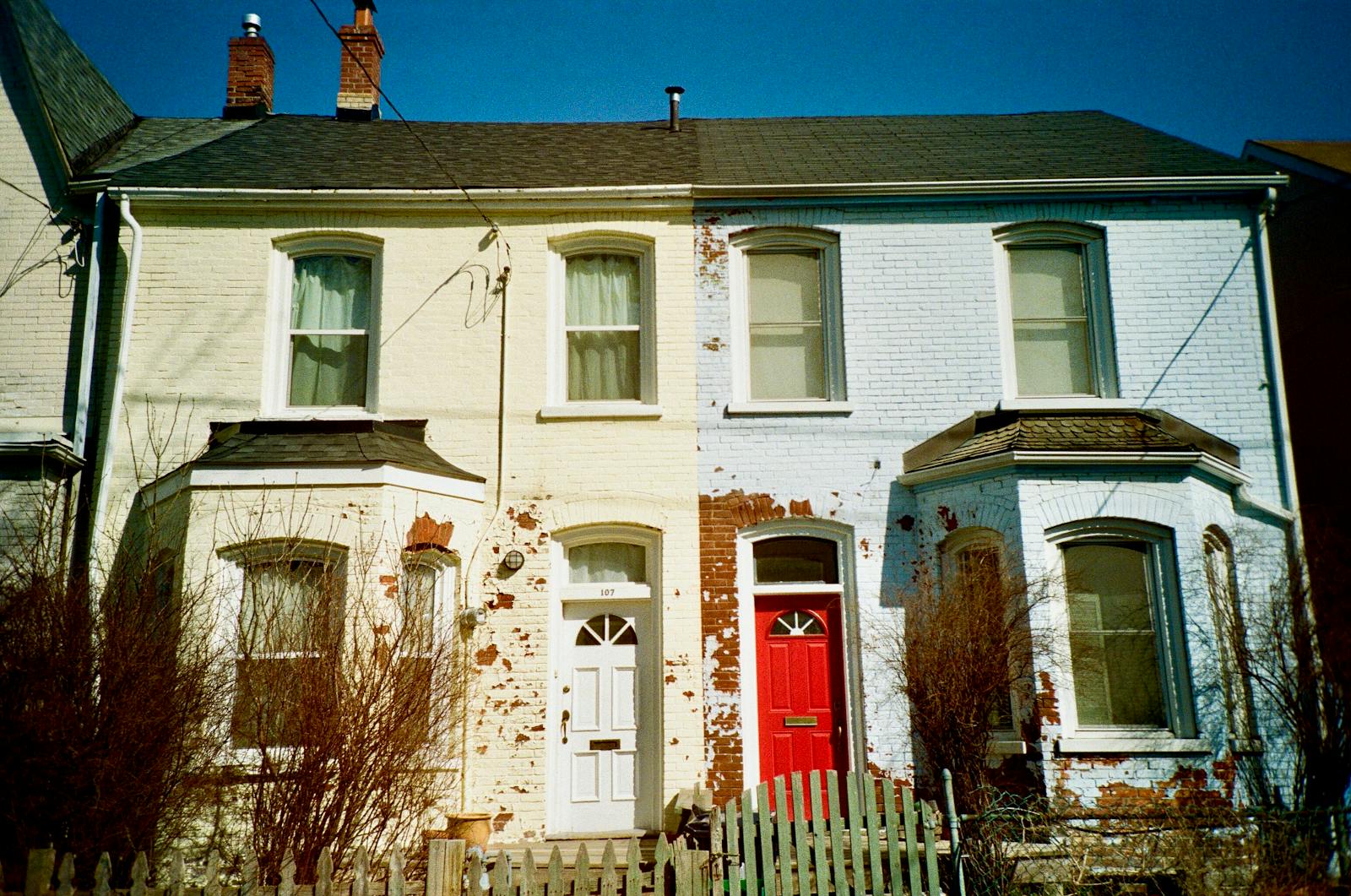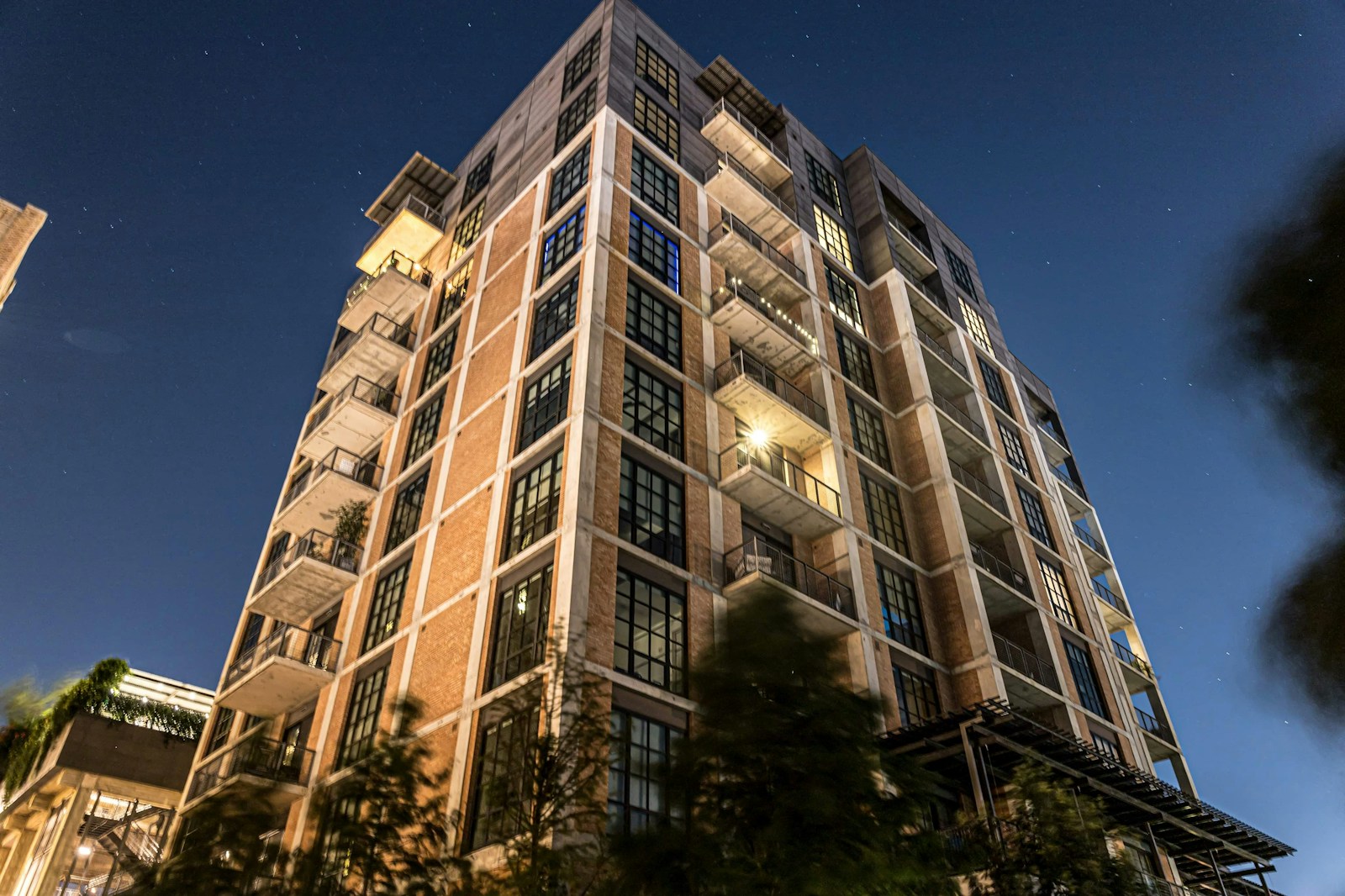Thinking about buying a condo in the ByWard Market Ottawa? This 2025 guide covers what students, first-time buyers, and parents need to know for the spring and fall markets.
Buying a condo in the ByWard Market in 2025 is more than just a real estate transaction—it’s an investment in lifestyle, location, and long-term value. Whether you’re a university student, a first-time buyer, or a parent looking to secure housing for your child, this historic and lively downtown district is one of Ottawa’s most in-demand condo markets.
In this guide, we break down why the ByWard Market is a hotspot, how the spring and fall seasons affect buyer activity, and what to look for to make a smart condo purchase in this unique neighbourhood.
Why the ByWard Market Is a Hotspot for Condo Buyers in 2025
Located just east of Parliament Hill and steps from the University of Ottawa, the ByWard Market offers:
Walkability to campus, the Rideau Centre, the LRT, and downtown offices
A vibrant lifestyle with cafés, shops, nightlife, and events year-round
A strong condo market with diverse options, from micro-units to full-service luxury towers
It’s one of Ottawa’s few areas where you can live, study, work, and play—all on foot.
Who’s Buying Condos in the ByWard Market?
In 2025, the ByWard Market is attracting a diverse buyer pool:
🎓 Students attending the University of Ottawa or nearby institutions
🏡 First-time buyers seeking affordable downtown options with growth potential
👨👩👦 Parents investing in a place for their child to live while building equity
💼 Investors who rent to professionals and students thanks to high rental demand
This mix keeps the market dynamic and competitive—especially in peak seasons.
Seasonal Buyer Trends: Spring vs. Fall Markets
Spring Market Insights
Spring is the busiest time for condo sales in the Market:
Higher inventory as sellers and developers launch units ahead of summer
Strong investor activity, especially targeting summer rentals
Graduating students and their families begin hunting for September housing
It’s a fast-paced time, so buyers need to act quickly and come prepared.
Fall Market Trends
The fall market is slightly calmer but still active:
Families finalize moves for school year starts
Inventory tightens, especially for move-in ready condos
Sellers may offer price flexibility if listings linger past summer
Fall buyers benefit from more negotiation power but face fewer choices.
Benefits of Buying a Condo for Students
If you or your child is attending the University of Ottawa, buying a condo near campus can be a smart alternative to renting:
Long-Term Savings: Rental prices in the ByWard Market are among the highest in Ottawa. Owning a condo can cost less over four years than paying rent.
Safety & Control: Choose a secure building with 24/7 concierge, controlled access, and well-lit surroundings.
Stable Living: Avoid unpredictable rent hikes or roommate conflicts.
Equity Growth: Instead of throwing money away on rent, the property may appreciate in value, especially with Ottawa’s low vacancy rate.
Many student-owners even rent out a second bedroom to offset their mortgage payments.
Why First-Time Buyers Love the ByWard Market
First-time buyers often seek:
Affordability for downtown living
Transit access for work, study, or nightlife
A lively atmosphere that includes shops, patios, gyms, and services
The ByWard Market delivers all that—and more. You’ll also find:
Modern buildings with full amenities
Units that qualify for first-time homebuyer incentives
Lower square footage units (e.g., studios, 1-beds) that keep entry price points reasonable
If your goal is to live solo, be close to work, or buy now and upgrade later—this is the spot.
Parents Buying for Kids: Smart or Risky?
In 2025, more and more parents are buying condos for their children heading off to university.
Here’s why it can make financial sense:
Avoid rental stress and costs
Gain a tax-advantaged investment property
Potential to generate rental income during off months or after graduation
Ownership structures vary:
Always consult a mortgage broker and tax professional to set it up properly and avoid unexpected liabilities.
Average Condo Prices in the ByWard Market (2025)
| Unit Type | Average Price | Monthly Condo Fees |
|---|
| Studio | $320,000 – $375,000 | $300 – $450 |
| 1-Bedroom | $375,000 – $475,000 | $350 – $500 |
| 2-Bedroom | $475,000 – $600,000 | $400 – $600 |
Pro Tip: Look for older buildings with lower prices but updated interiors, or consider pre-construction projects for future value.
Best Buildings for Student & First-Time Buyers
These ByWard Market buildings are well-suited for budget-conscious and lifestyle-focused buyers:
Claridge Plaza (200 Rideau St/234 Rideau St/242 Rideau St/195 Besserer St.)
90 George
The Galleria (200 Besserer St)
Studio Argyle
Each building offers walkability, transit access, and either underground parking or bike storage.
What to Look for in a Student or First-Time Buyer Condo
When condo shopping in the ByWard Market, here are key features to prioritize:
Proximity to Campus or LRT
Ideally within 10 minutes walking distance
In-Building Security
Look for fob access, concierge, and video monitoring
In-Unit Laundry
More convenient and desirable for resale
Low Maintenance Fees
Especially for students or parents budgeting long-term
Natural Light & Air Flow
Smaller units feel larger with good windows or balconies
Bonus if the building allows for short-term rentals or has high rental demand—boosting your resale and income potential.
Renting Out the Unit Later: Investment Potential
Ottawa’s ByWard Market has very low vacancy rates, making it ideal for parents and first-time buyers planning to hold the unit long-term.
Average Rent (2025):
1-bed: $1,950/month
2-bed: $2,400/month
Rental Yield: Typically 4.5–5.5%
Who’s Renting?: Students, civil servants, short-term interns, medical professionals
Investing here now could generate positive cash flow or appreciation by the time your child graduates—or when you’re ready to move up the ladder.
The Pros and Cons of ByWard Market Condos
| Pros | Cons |
|---|
| Walkable to university and nightlife | Some noise and nightlife traffic |
| Excellent public transit access | Units can be smaller and lack storage |
| Ideal for car-free living | Older buildings may need updates |
| Affordable by downtown standards | Premiums on newer/luxury towers |
| Strong rental market | Short-term rental rules vary by building/city |
What Parents Need to Know About Buying for Their Kids
Before buying for your university student:
Decide on ownership type: in your name, their name, or joint
Understand CRA rules: capital gains taxes may apply
Consider mortgage pre-approval with co-signers
Evaluate resale timeline: keep the unit rentable for flexibility
Also, be mindful of condo bylaws—some buildings restrict subleasing or roommate rentals.
Financing Tips for First-Time Buyers & Parents
Always compare mortgage brokers, especially those with experience in multi-party ownership deals.
Common Mistakes to Avoid in ByWard Condo Buying
❌ Skipping the status certificate review
This includes financial health and any lawsuits affecting the building
❌ Underestimating noise or foot traffic
Visit at night and on weekends to assess lifestyle fit
❌ Not budgeting for maintenance and repairs
Even condos can have special assessments
❌ Ignoring rules about short-term rentals or roommates
Each building’s bylaws differ—know them in advance
FAQs About Buying a Condo in the ByWard Market
1. Can students legally own a condo in Ottawa?
Yes, if they qualify for a mortgage—or with a parent co-signer or joint ownership.
2. What’s better—buying or renting near uOttawa?
Buying offers long-term savings, resale value, and more stability.
3. Do condo fees include utilities?
Some do, especially older buildings. Check the breakdown in the condo docs.
4. Are condos in the Market easy to rent later?
Yes—location and transit make them attractive to a wide tenant base.
5. Is there underground parking in most buildings?
Yes, but not all units come with a spot. You may need to pay extra.
6. Can I Airbnb a unit in the ByWard Market?
Some buildings allow it, but city licensing rules apply. Confirm before you buy.
Final Thoughts: Should You Buy a ByWard Market Condo in 2025?
If you’re looking for downtown convenience, campus access, or a solid investment, the ByWard Market checks all the boxes. It’s ideal for:
Students wanting a secure place to live
First-time buyers looking for affordability and energy
Parents planning ahead and building wealth while supporting their child’s education
With strong demand, walkable perks, and a growing market, a condo here isn’t just a place to live—it’s a smart Ottawa investment.


